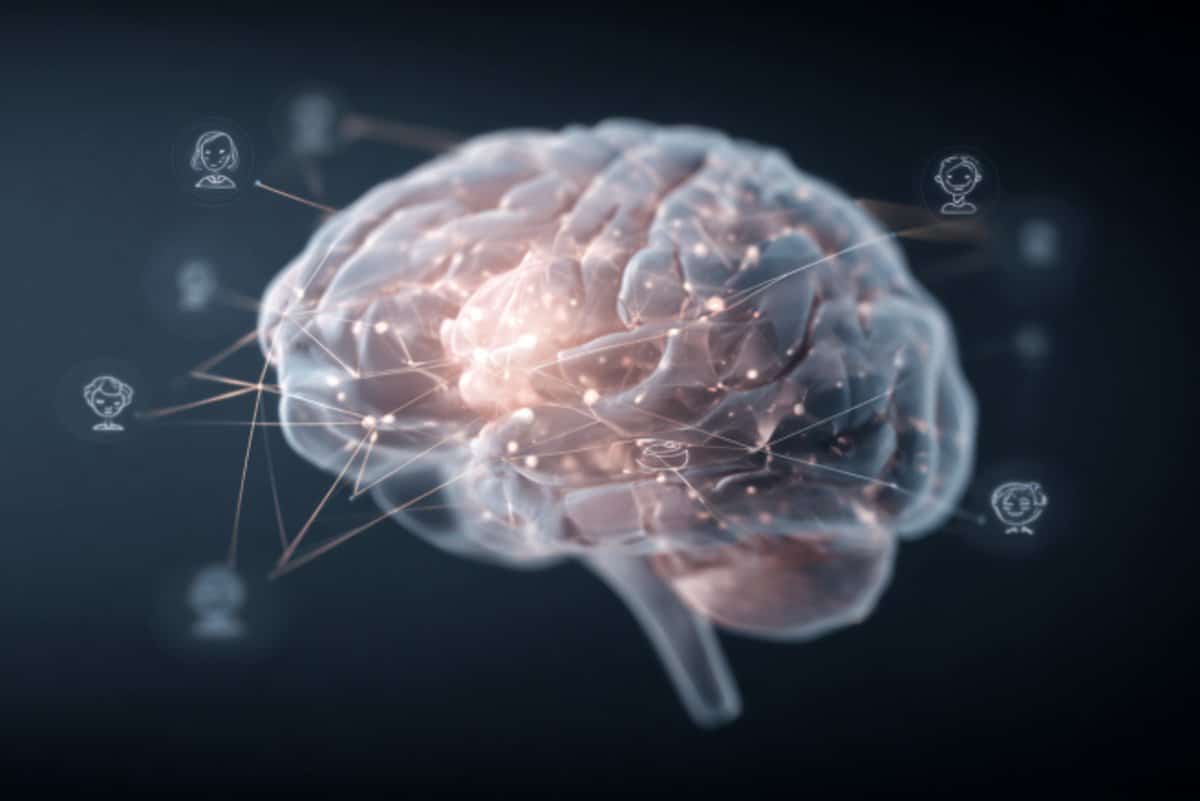T4K3.news
New study links disrupted sleep to dementia risk
Fragmented sleep may damage brain blood vessels, increasing dementia risk, according to recent research.

New research shows that sleep fragmentation is harmful to brain blood vessels and increases dementia risk.
Sleep disruption linked to brain damage and dementia risk
A recent study published in the journal Brain connects disrupted sleep to damage in the brain's blood vessels, potentially increasing the risk of dementia. Researchers used sensors to monitor sleep patterns in over 600 older adults and found that fragmented sleep leads to changes in pericytes, cells crucial for brain blood flow. The study indicates that individuals with restless sleep showed a faster decline in cognitive functions before death. Expert Andrew Lim highlighted the study as a vital step in understanding how sleep disruption relates to cognitive impairment and diseases like Alzheimer's.
Key Takeaways
"We found that individuals who had more fragmented sleep...had a change in their balance of pericytes."
This highlights the direct connection between sleep quality and brain health.
"This study raises the possibility that changes in pericytes may be a mechanism linking sleep fragmentation with small vessel disease."
This emphasizes the urgent need for further research in sleep and vascular health.
The findings present a troubling connection between sleep health and cognitive decline. As sleep fragmentation becomes more prevalent in modern society, its implications on brain health are alarming. If confirmed, this research could reshape how healthcare professionals approach sleep disorders. Treating sleep issues may not only improve daily life but could also prove essential in preventing severe neurological conditions. With new technologies at our disposal, researchers might soon find actionable solutions to this growing public health concern.
Highlights
- Sleep disruption reveals a hidden threat to brain health.
- Fragmented sleep may signal trouble for your future cognition.
- Understanding sleep could unlock new dementia treatments.
- Pericytes are stepping into the spotlight in brain health.
Concerns about sleep health and cognitive decline
The risk of dementia linked to disrupted sleep raises significant public health concerns. Addressing these issues may require changes in health policy and increased awareness.
Future studies could inform practical interventions for better sleep health.
Enjoyed this? Let your friends know!
Related News

Study shows pandemic accelerated brain aging

Research links bright night lights to heart issues

Daily Habits May Raise Dementia Risk

Gabapentin linked to dementia risk

New study highlights brain's role in social emotions

Benadryl linked to possible dementia risk

New daily step target set by experts

New study links lifestyle changes to delayed Alzheimer's effects
